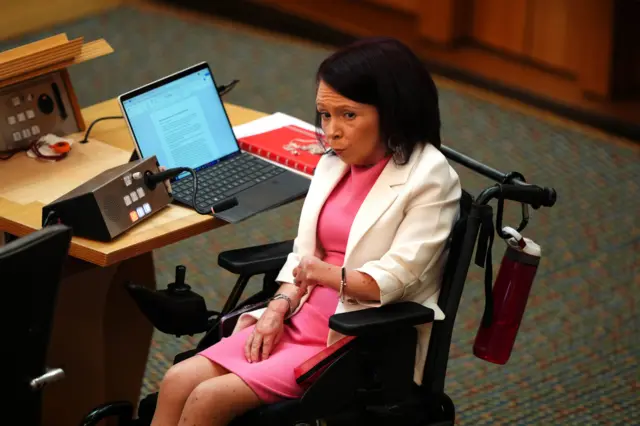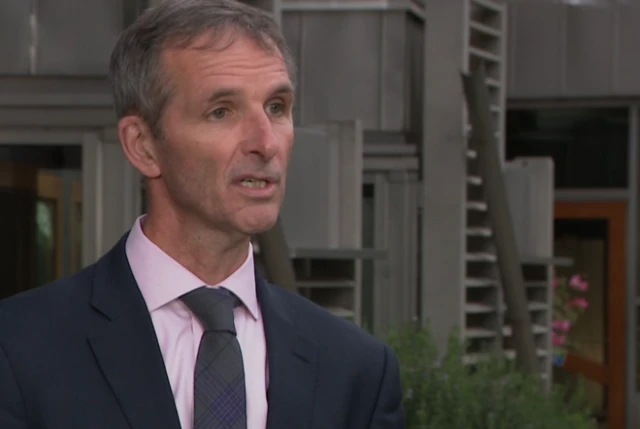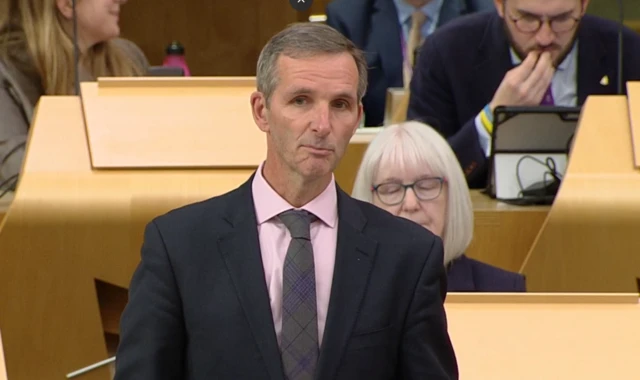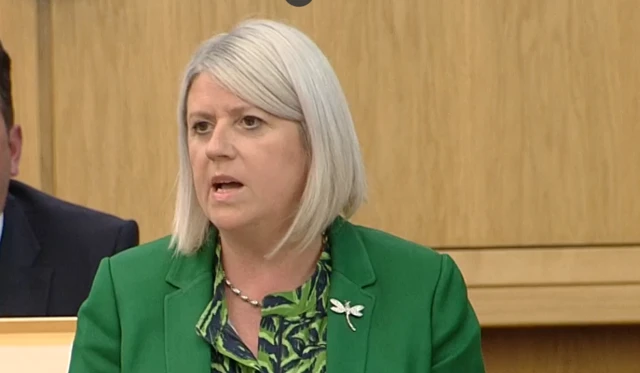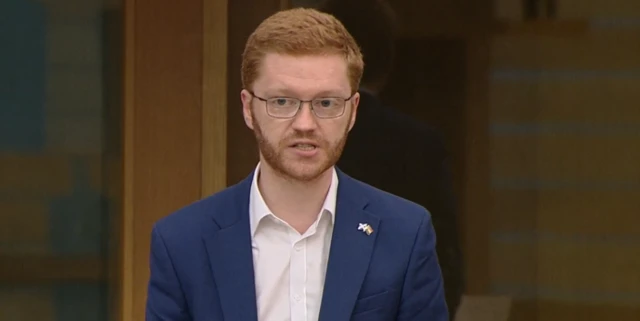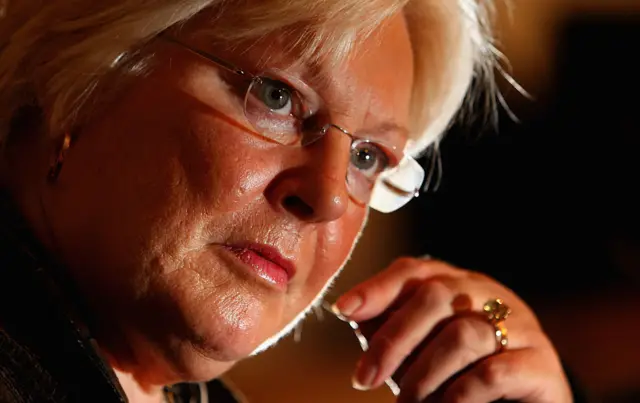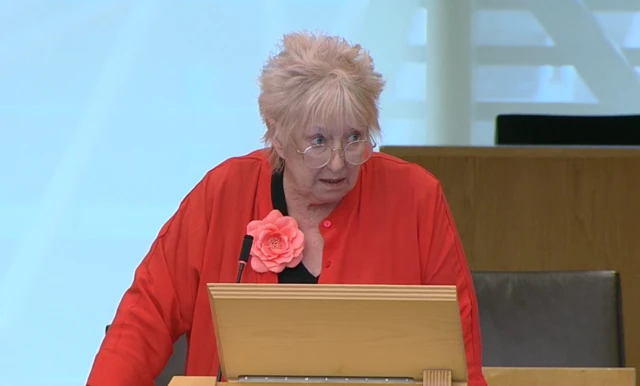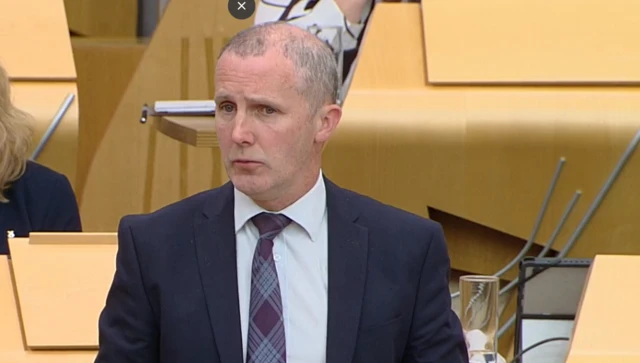Assisted Dying Bill: The headlinespublished at 20:21 BST 13 May
If you're just joining us here are the headlines from an emotive and powerful debate, with the bill to legalise assisted dying in Scotland having passed its initial vote at Holyrood.
- The proposals in the bill would allow terminally-ill, mentally competent adults to seek medical help to end their lives
- A vote on the bill's general principles passed by 70 votes to 56, with one abstention
- MSPs will be able to further scrutinise the bill at stage two, where they can also propose changes
- Another vote on the final draft of the bill would need to be held before it could become legislation
- The Assisted Dying for Terminally Ill Adults (Scotland) Bill, external would allow people to request medical assistance to end their own life – but only if they had a terminal illness and had been ruled mentally fit to make the decision by two doctors
- During a highly emotional but measured debate, MSPs cited powerful testimony from family members and constituents
- Liam McArthur gave a powerful and moving speech as he called on MSPs to back the general principles of his assisted dying bill
- The Lib Dem MSP had warned "we can't continue to leave this in the 'too difficult' box...that would be unforgivable"
- He said he was "delighted" and "relieved" with the result of the vote
That's all from our live coverage of events at the Scottish Parliament today. Paul McLaren was the editor. Jonathan Geddes and Craig Hutchison were the writers.
